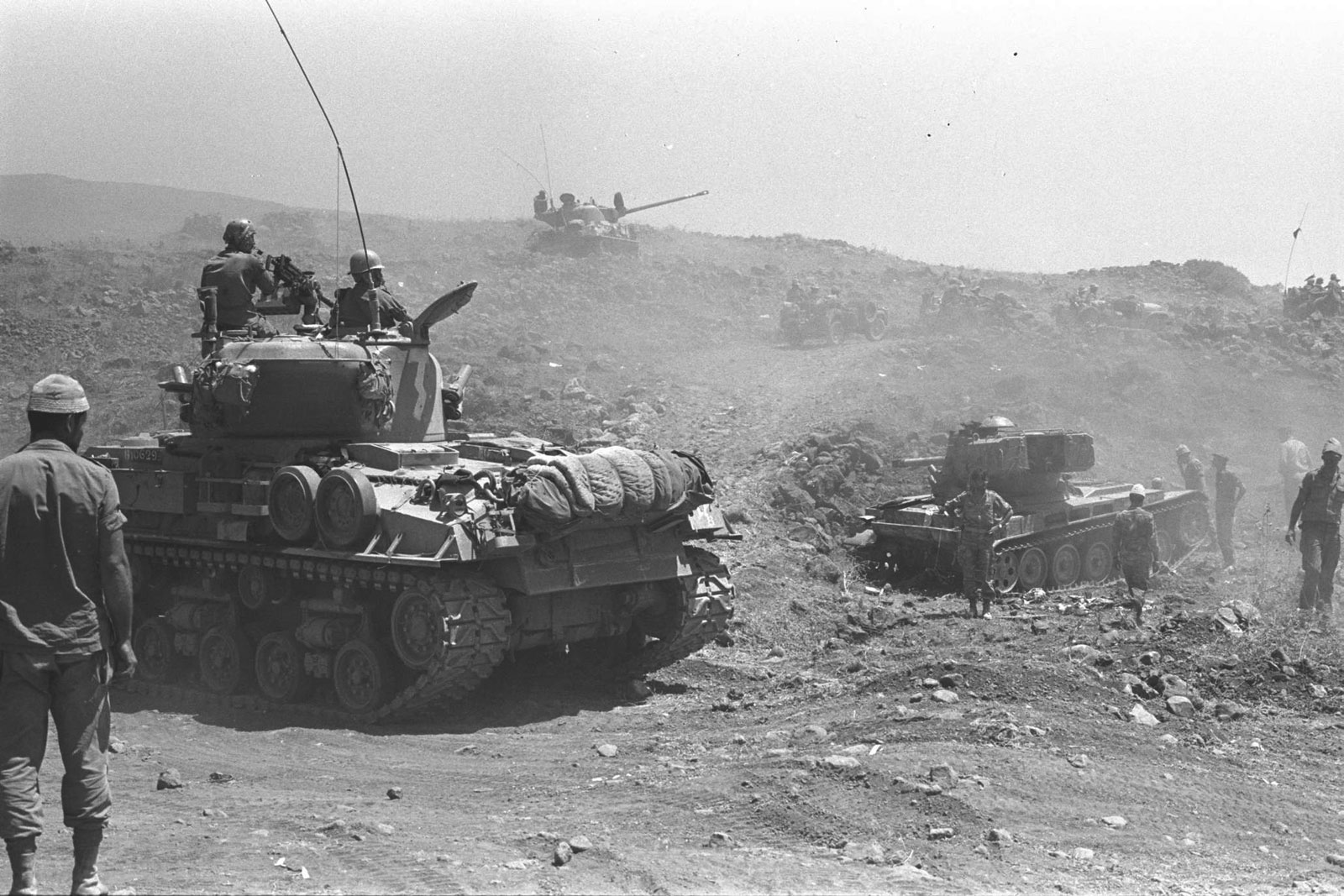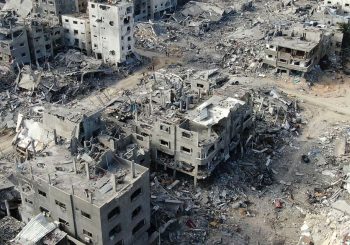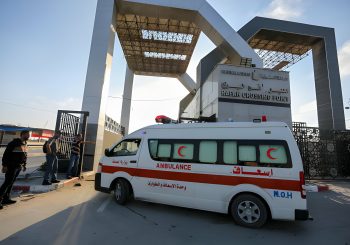In a thread on Twitter, Israeli journalist Yossi Melman revealed the details of an incident in the 1967 War, in which, according to his account, at least 20 Egyptian soldiers were burned alive and buried in a mass grave by soldiers from the Israeli Defence Force (IDF).
The tweets, which Melman published on 8 June, cite files that saw the light after 55 years of being classified, and the story “hushed up” by the IDF. While he puts the figure at a minimum of 20, other sources – including a report from Israeli newspaper Haaretz – estimate a number as high as 80 unidentified, unmarked, buried casualties.
Melman details that the massacre took place in a no-man’s land in the West Bank, where two Egyptian battalions were deployed to raid the city of Lod and nearby airfields. After an exchange of gunfire between the Egyptian soldiers and the IDF along with members of the Nahshon Kibbutz, a communal settlement in the area, where a number of Egyptian soldiers were captured. Subsequently the IDF set fire to wild bushes, which in the dry and hot weather of the time spread rapidly, giving the soldiers “no chance to escape”.
Following the live burning of the Egyptian soldiers, IDF soldiers came to the scene with bulldozers, constructing a mass grave in which they threw the bodies of the Egyptian soldiers without marking the grave.
Today, a park by the name of ‘Mini Israel’ is built over the site of the atrocity.
Zeen Bloch, a member of the Nahshon Kibbutz who was present at the scene, told Melman that the members of the Kibbutz watched as the IDF “looted personal belongings and left the mass grave unmarked.”
On its own, the burial in unmarked burial sites without notifying the International Committee of the Red Cross is a breach of the fourth Geneva Conventions regulating the laws of war. However, unless there is further investigation, it may not become clear whether this was the only war crime committed that day.
The Ha’aretz report suggests that prohibited phosphorus shells may have been used to start the fire that killed the Egyptian soldiers, and questions are raised as to the state of the Egyptian fighters at the time of their killing; the Fourth Geneva Convention bars killing soldiers who are out of the fight by reason of injury or surrender.
“The veil of silence suited everybody,” says Bloch. “The few who knew didn’t want to talk about it. We were ashamed. But above all it was [an] IDF decision in the heat of the war.”







Comments (4)
[…] plea comes in light of the surfacing of previously classified details on an incident in the 1967 War, in which at least 20 Egyptian soldiers were burned alive and buried in an unmarked […]
[…] […]